LAST week, South Africa lost two giants. One was a colossus who fought against and defeated one of the most inhumane political systems ever to be invented by that which is Godless in the human mind, heart and spirit.
The other, although very small in physical stature, conquered the world of boxing with the heart of a brave warrior.
Their bravery and the fact that they were pugilists notwithstanding, both were gentle and humble souls who shone a light on the beauty of the human spirit. One was Nelson Mandela and the other was Baby Jake Matlala, a small man with the heart of a lion whose fists struck opponents with the force of an earthquake, making him one of the most feared and respected world boxing champions this country has ever produced.
The first time I met Matlala, I was 14 years old. I had just finished primary school and it was a few months after the Soweto uprising. The year was 1977 and the country, particularly Soweto, was still being rocked by the anger of young people who, too many times, had seen what no child should ever see — peers dying young because of bullets that sought to silence their cries for justice and freedom from an education system meant to kill their young minds.
Because of this climate, there was very little schooling in Soweto.
Our school, Daliwonga Junior Secondary School in Dube, Soweto, was no exception.
Matlala used this as an opportunity to run boxing clinics in one of the classrooms.
The boxing sessions were always packed and, out of a sense of curiosity, I decided to attend.
There he was making boys much bigger than him eat leather and humble pie.
I stood there watching, enthralled because I could not believe that so small a boy could be as skilful as he was in the art of boxing.
Another thing I found surprising was the fact that Matlala fought with a smile and always had an encouraging word for those among us who dared to challenge him.
As stupidity is not one the things my parents handed down to me, I kept a safe distance.
But, unfortunately for my ego, not safe enough for him not to notice.
With a smile and many words of encouragement, Matlala extended to me the dubious honour and invitation to be his punching bag. As the angel who had stolen my young and foolish heart was part of the audience, I yielded not to the temptation to embarrass myself in public.
I told my father, John Bull, a former boxer when he was growing up in Cape Town, about Matlala and his amazing skill but, of course, there is no prize for guessing which part of the story I left out.
Many years later, I met the then celebrated Matlala at my barber shop in Killarney, Orlando West and nearly fell off my chair when he greeted me with a smile and by name.
Obviously I recognised him, but had assumed that a famous boxer, a world champion nogal, would not recognise me.
He did, and from that day I became quite generous in sharing with others the story of my humiliating boxing near-encounter with Matlala, but each time the story ended with him kissing the floor and an angel in my arms.
The stories of the two boxers, Madiba and Matlala, are about the indomitability of the human spirit.
The story of Matlala and that of Madiba are also about human potential.
In other words, our own potential as a nation is reflected in the achievements of Matlala and Madiba. Madiba teaches us lessons about conquering our fears and hatred for the other.
Matlala was the other in the boxing world because his physical stature meant he was destined for failure in his quest to summit the top of the boxing world. Despite stumbling and falling along the way, he did reach the summit, and did so four times during his glorious career.
If, like Matlala, we never give up, South Africa will be the land of milk and honey that Madiba dreamt of.
• Matshiqi is an independent political analyst.


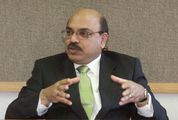
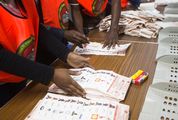
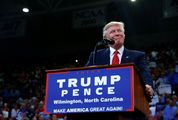






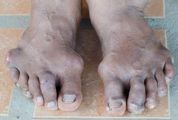
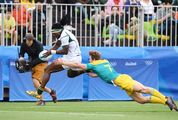
 News and views on the death, and life, of former president Nelson Mandela, with tributes and photographs
News and views on the death, and life, of former president Nelson Mandela, with tributes and photographs




